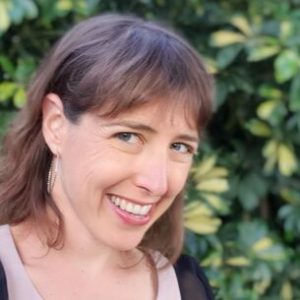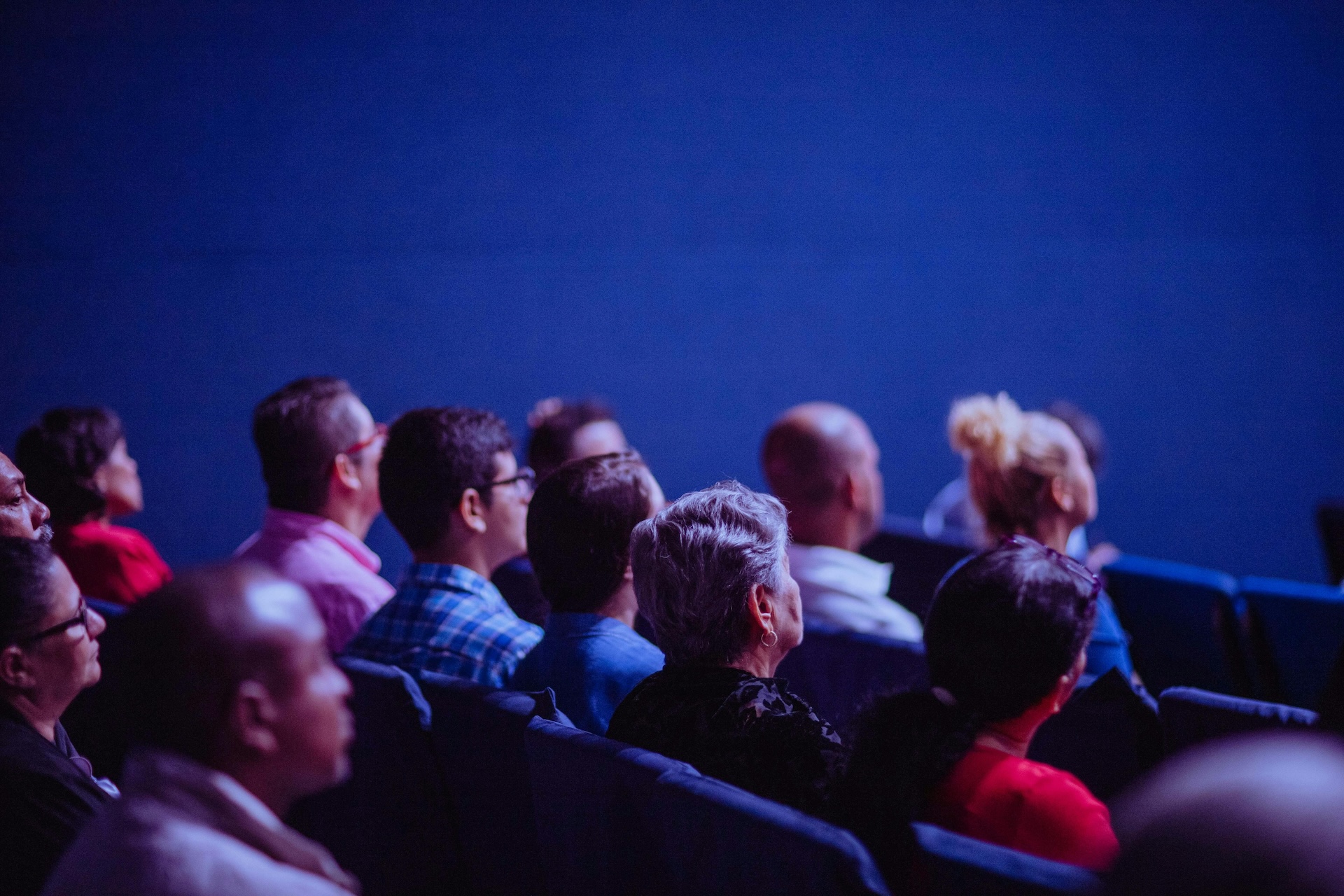 Talia Tron attended her first WiDS conference in Israel after hearing about it during a job interview with Intuit. Her experience at this conference sealed her decision to join Intuit and introduced her to a dynamic and growing community of talented female data scientists. She is now a senior data scientist and researcher leading Intuit’s work on explainable AI as part of the Intuit AI Technology Futures team and leader of Intuit’s Innovation Catalyst community in Israel.
Talia Tron attended her first WiDS conference in Israel after hearing about it during a job interview with Intuit. Her experience at this conference sealed her decision to join Intuit and introduced her to a dynamic and growing community of talented female data scientists. She is now a senior data scientist and researcher leading Intuit’s work on explainable AI as part of the Intuit AI Technology Futures team and leader of Intuit’s Innovation Catalyst community in Israel.
Tell us about your background.
I grew up in a Kibbutz in Israel, near Tel Aviv and the Mediterranean, where I live today with my husband and three-year-old. I have a Ph.D. in computational neuroscience from the Hebrew University. Before joining the Futures team, I worked at Intuit’s security risk and fraud team. Before that, I was a data scientist intern at Microsoft in both the security and education domains. I sing and play the piano and I released a debut album with original music three years ago. I hope to always find a way to combine my passions about science and arts, and particularly music.
How did you get interested in data science?
I was always interested in how the mind and body interact which led me to get a Bachelor’s degree in neuroscience (psychology and biology). During my studies, I clearly preferred courses like math, physics and statistics. I decided to pursue my PhD in computational neuroscience in ELSC–a multidisciplinary program that combines machine learning, physics, computer science, cognitive science and neuroscience. This was an amazing program that shaped the way I think and solve problems. In my PhD I used machine learning to analyze facial expressions and motor behavior in schizophrenia. I witnessed the power that machine learning and statistical modeling has to improve psychiatric diagnosis and reveal patterns that doctors cannot otherwise investigate. I fell in love with data analysis, and machine learning’s ability to create an impact on real-life problems.
What are you currently working on?
Today I’m leading Intuit’s work with explainable AI (XAI), as part of the Intuit AI Technology Futures team. We work on making models more transparent and interpretable. The field of XAI is fascinating since it integrates ideas from machine learning and statistics with behavioral and cognitive science, game theory and economics. The work in the field has a huge potential for building trust in AI models, promoting adoption and understanding, and avoiding potential biases. I also lead the Innovation Catalyst community that drives and implements Intuit Lab’s Design for Delight and customer-driven innovation methodologies. And of course there’s WiDS.
How did you first discover WiDS?
I heard about WiDS from Shir Meir Lador, the Israeli WiDS ambassador and my first manager at Intuit. She told me about the conference in our first interview and invited me to come. I was fortunate to receive a job offer from Intuit and another place. I told them both I’d get back to them by the end of the week. In the meantime, I went to the WiDS conference. When I was there I felt true empowerment — so many brilliant women in a challenging, cutting-edge environment, where we can talk about technology and values, algorithms and creativity, math and inspiration, with no contradiction between the domains. I absolutely loved it. When the event was over, I went up to my recruiters from Intuit and told them I’ve decided to join, and that next year I want to help organize this event.
Have you been involved with WiDS since that first experience? If so, in what way?
For the second WiDS conference in Tel Aviv, I facilitated the posters track, and organized a VIP event before the conference to help prepare each speaker. We hired a professional public speaking coach, and worked in small groups to provide each other feedback and raise the bar for WiDS content. The event was a great success, and we decided that meeting regularly could become a catalyst in driving and empowering our community. So we established the WiDS Speakers Forum for WiDS speakers where we meet every 1.5 months for discussions and networking. These meetings include a deep-dive technical talk followed by a facilitated discussion about our work practices and challenges as data scientists. It’s been great so far — I personally always learn something new, and leave these meeting super-motivated and inspired.
How has WiDS made an impact on your life and/or work?
WiDS has had a great impact on my life, both personally and professionally. First, it was a key consideration in my choice to work at Intuit, a choice that I’m grateful for. Also, it introduced me to so many talented women who have become friends and colleagues. I’ve learned new methodologies and techniques and it has opened numerous networking opportunities in the local and global community. More than anything, it makes me feel part of a community.
What comes next for you? And what are your hopes for women in data science in the future?
I hope to continue my work on making Intuit’s models more transparent, fair and accountable, and spread the gospel elsewhere. I would love to continue leading innovation ideas and methodologies with deep empathy for customer problems. Next, I would love to apply my knowledge in machine learning and neuroscience to support medical diagnoses and assist both patients and caregivers.
As for women in data science, I hope we will take the place we deserve as leaders in the industry. I love the 30 x 30 Challenge that encourages organizations to have at least 30 percent women in data science and related fields by 2030. I can’t wait to see it happen. I think it’s also important that we make sure our voices are heard on every possible stage — at conferences, panels, meetups and social media. I look forward to a world where women in every company can bring their whole self to work, including their awesome technical skills, their intuition, creativity and social sensitivity. This, I believe will allow us to break the walls between different domains and make sure AI is used to make the world a better place.


